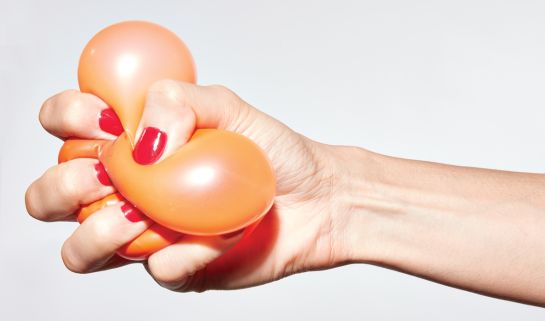"What is important is how you treat your mind. If you take everything it says seriously, give it too much respect, and put too much trust in your mind, that is a recipe for an anxiety disorder."
~ Michael Stein, PsyD
~ Michael Stein, PsyD



:max_bytes(150000):strip_icc()/kristina-tripkovic-649227-unsplashs-2000-5e688b84fd064617ac0ce86c767ed7c8.jpg)


 batonrougeclinic.com
batonrougeclinic.com
